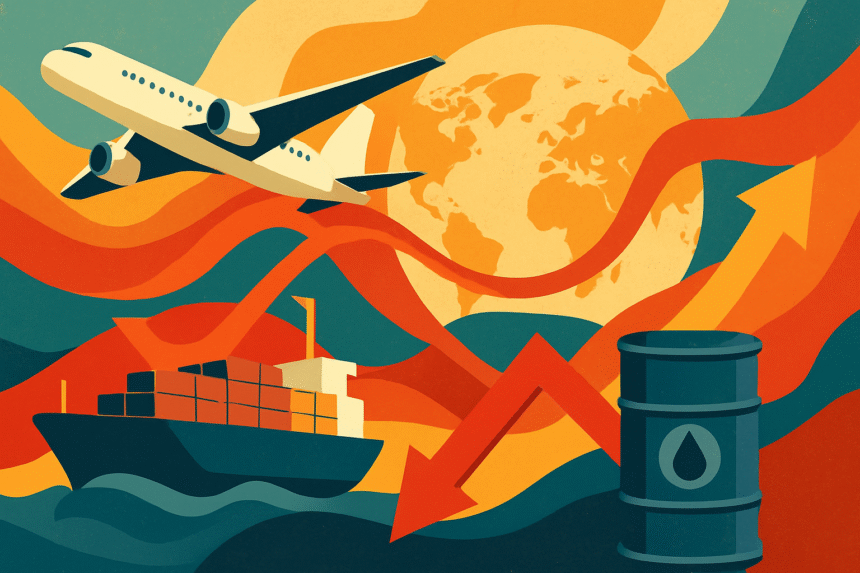Europe recorded unprecedented levels of jet fuel imports from Asia during the peak summer holiday season, highlighting the growing influence of Chinese and South Korean refineries in the global energy market.
Record Flows from East to West
According to data from energy analytics company Vortexa, nearly 11.5 million barrels of jet fuel were shipped from Asia to Europe in August alone. While orders peaked in June and July, shipments remain strong, reflecting both high European demand and robust Asian supply.
“Record arrivals from the Far East are being driven by Europe’s strong demand and abundant Asian production,” noted one senior jet fuel trader, speaking anonymously.
Asian Refineries Gain Market Share
Chinese refineries have increased jet fuel output significantly this year. The shift is partly due to China’s rapid adoption of electric vehicles, which has reduced domestic demand for gasoline and diesel, leaving refiners to pivot toward jet fuel exports.
“Chinese refiners have chosen jet fuel as their product of focus, and supply has been enormous this year,” said Amaar Khan, an analyst at Argus.
Impact on Prices
The influx of Asian jet fuel, combined with lower crude oil prices, has pushed European jet fuel prices to their lowest summer levels since the COVID-19 pandemic. Prices have dropped from more than $1,200 a tonne in 2022—when Russia’s invasion of Ukraine drove oil markets higher—to about $700 a tonne today.
Michael O’Leary, CEO of Ryanair, said prices are likely to remain around current levels in the medium term. He pointed to oversupply in global markets, with Opec+ increasing production and demand in India and China still lagging behind full recovery.
European Demand Rebounds
European jet fuel demand has surged, surpassing that of Asia and the US and returning to pre-pandemic levels. According to Eurocontrol, the number of flights in Europe this summer is expected to be at least 5% higher than in 2024.
Pressure on European Refineries
The supply surge underscores a structural shift in the global refining industry. Europe’s ageing refineries are struggling to compete with newer, lower-cost facilities in Asia. Several European plants have already closed, increasing the continent’s reliance on imports.
Earlier this month, airline lobby group Iata warned of Europe’s growing dependence on external supply as local refineries shut down. “As more European refineries close, the natural flow is increased imports from the Far East,” a jet fuel trader explained.
While such volumes from Asia might previously have been seen as oversupply, today they are being readily absorbed by strong European demand—reflecting a new balance in global fuel markets.








